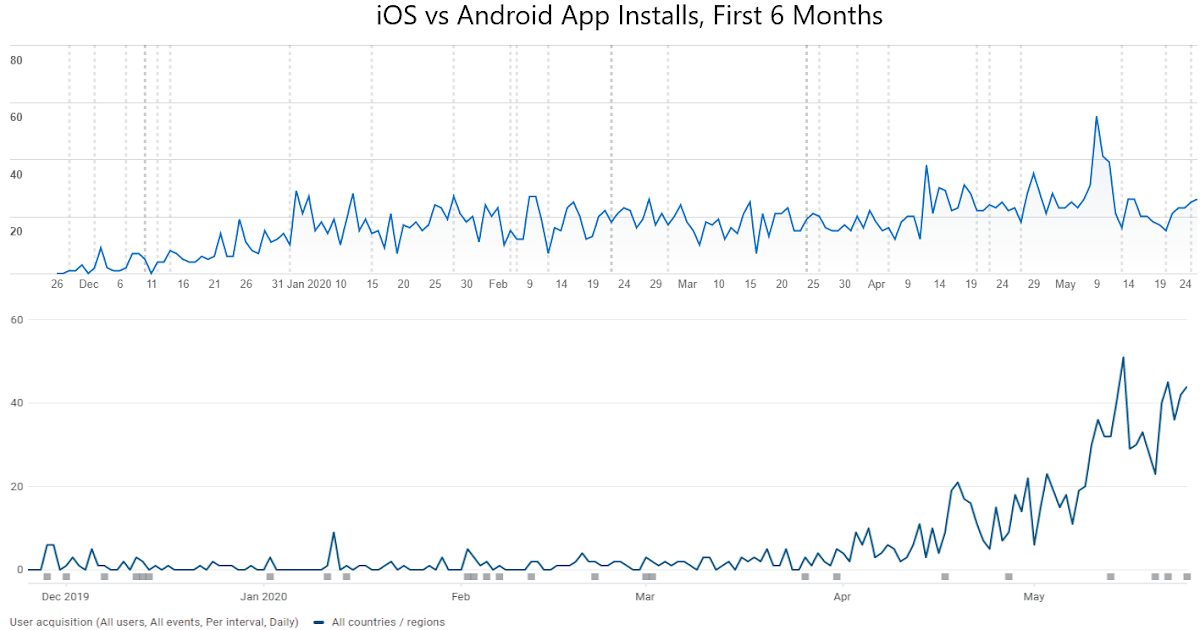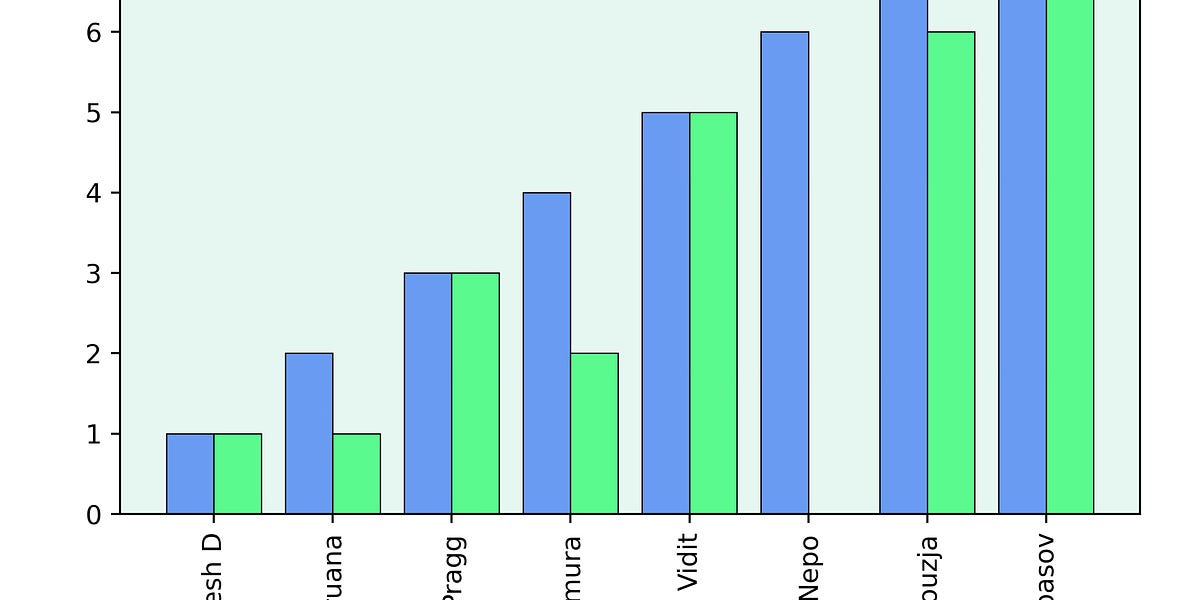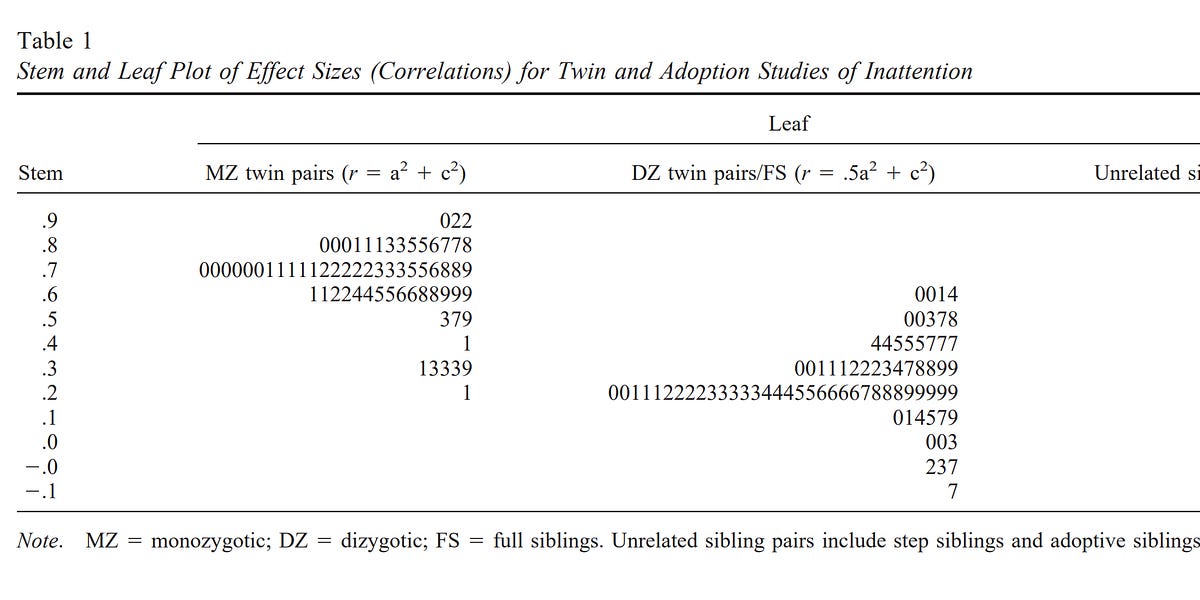
Was Simone de Beauvoir as feminist as we thought?
Seventy years after The Second Sex reinvented women’s liberation, her legacy has its contradictions – but it should not be overlooked
S imone de Beauvoir is a feminist icon. She didn’t just write the feminist book, she wrote the movement’s bible, The Second Sex. She was an engaged intellectual who combined philosophical and literary productivity with real-world political action that led to lasting legislative change. Her life has inspired generations of women seeking independence, and this was largely attributed to her unconventional relationship with the philosopher Jean-Paul Sartre, which seemed like a love that didn’t come at the cost of her freedom or professional success.
But in the decades since Beauvoir’s death in 1986, several waves of previously unknown letters, diaries and manuscripts have shocked readers who thought they knew her. Her letters to her American lover, Nelson Algren, showed the depth of her passion for another man. Letters to Sartre revealed not only that she had lesbian relationships, but that her lovers were young and her students. There is no doubt now that she hid both significant professional successes and serious moral failings from the story she told in her autobiographies. So what are we to make of the author of The Second Sex, 70 years on from its publication? In light of what she didn’t tell us, was she as feminist as we thought?
The short answer? It depends on what it means to be feminist and which Beauvoir you have in mind. (The long answer took a book to write.) But it is now clear that Beauvoir’s most questionable moments played an important role in transforming her convictions; that she condemned her own actions and renounced the philosophy that underpinned some of her and Sartre’s most infamous behaviour; and that she became several different kinds of feminist over the course of her career. There are chapters of Beauvoir’s life that read less like liberated sex and more like case studies in sexism – but there are also instances where she decided to call it out, even when that meant accusing herself. Her life raises a question she had to live: are we the sum of all of our actions, or the sum of our worst?













/cdn.vox-cdn.com/uploads/chorus_asset/file/25419483/247092_Student_activist_doxxing_AKrales_1438.jpg)












